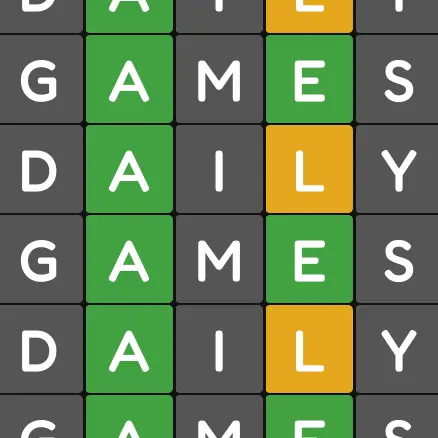I just updated my answer with more examples but I think you are right with the nickname thing
- 0 Posts
- 13 Comments
I mean it only works with nouns that are not ending on vowels and also not every noun works good. But I heard this from people all over Germany. Mostly in a mocking way, like someone was eating too much and complaining about stomach pain:
“Oh, tut dir der Bauchi weh?”Other commonly used examples I can think of:
- Lurch - Lurchi (amphibian)
- Frisch - Froschi (frog)
- Hund - Hundi (dog)
- Mutter/Vater/Oma/Opa - Mutti/Vati/Omi/Opi (mom, dad, grandma, grandpa)
In German this literally translates to something like “cute sand man”. Because in German you can just add an " I" at the end of any noun to make it sound cute and small. So “Sandi” can be thought of as a kind of diminutive of the noun “Sand”, similar to “Bauchi” from “Bauch” which is stomach. The correct dimunitve of “Bauch” would be “Bäuchlein” but this refers more to the perceived size of the object.
Its about a certain form of reinforced learning, called Temporal Difference Learning:
https://inria.hal.science/hal-00840470/document at page 11.
The calculation is called simple because it follows directly from the definitions above. Simple means more like “follows directly from definition without fancy math tricks”, not " everyone who can read could solve this in 10 minutes".
I think this is also mostly math related, not physics?
I had a good laugh anyway. Good meme
Connections
Puzzle #380
🟩🟩🟩🟩
🟨🟨🟨🟨
🟪🟪🟪🟪
🟦🟦🟦🟦I am quite happy about this as a non-native speaker :)

 23·7 months ago
23·7 months agoPlease note that Germany has (compared to other EU members) quite strict and company-friendly protesting laws.
Such protests may be even considered as political protest (Politischer Streik) which makes them not illegal per se but could be illegal. https://www.bpb.de/themen/medien-journalismus/netzdebatte/219308/ein-bisschen-verboten-politischer-streik/

 2·8 months ago
2·8 months agoThey also have https://sane-project.gitlab.io/website/ (got an SSL error with your link)

 5·9 months ago
5·9 months agoWell, I think all Jetbrains software is written in Java…?

 51·1 year ago
51·1 year agoHi, the user https://lemmy.comfysnug.space/u/Spectacle8011 posted an answer that you probably will not see:
Original text by spectacle8011:
Zion isn’t going to see my comment because I’m from an instance that lemmy.world blocks. If somebody thinks my comment might be useful to Zion, please pass it on in my stead by reposting it.
The only thing I’m trying to prevent is someone taking the entire project, changing some strings and icons and releasing a paid Android version based on my work.
If you released your program under an open source license, they wouldn’t even need to change anything. They could simply republish your program unmodified for a price. Open source is fundamentally incompatible with restricting commercial use because it means surrendering your monopoly over commercial exploitation.
One way you could restrict this is by trademarking the name you publish your program under. This way, no one will be able to publish a version of your program with the same name, as they would be violating your trademark. The good thing about this is that trademarks have nothing to do with copyright and so are fully compatible with open source licenses. The bad news is that someone could always republish your program under a different name. If you’re primarily concerned about users confusing another program with yours, though, trademarks are a great option. You should register a trademark for the name anyway…before someone else does.
I don’t have a particular license to recommend that prevents commercial redistribution, but you appear to be looking for a “source-available” license. You might need something custom…every program I’ve heard of that is source-available has their own custom license (Futo Temporary License, the TrueCrypt license, Microsoft Shared Source Initiative, etc.) The closest thing I could find was the Commons Clause. I know very little about it, though.


 3·1 year ago
3·1 year agoI will do so :)
Maybe its because I am tired but I don’t get it, what does this mean?


There are no innocent cats, that is the reason why there are no catties